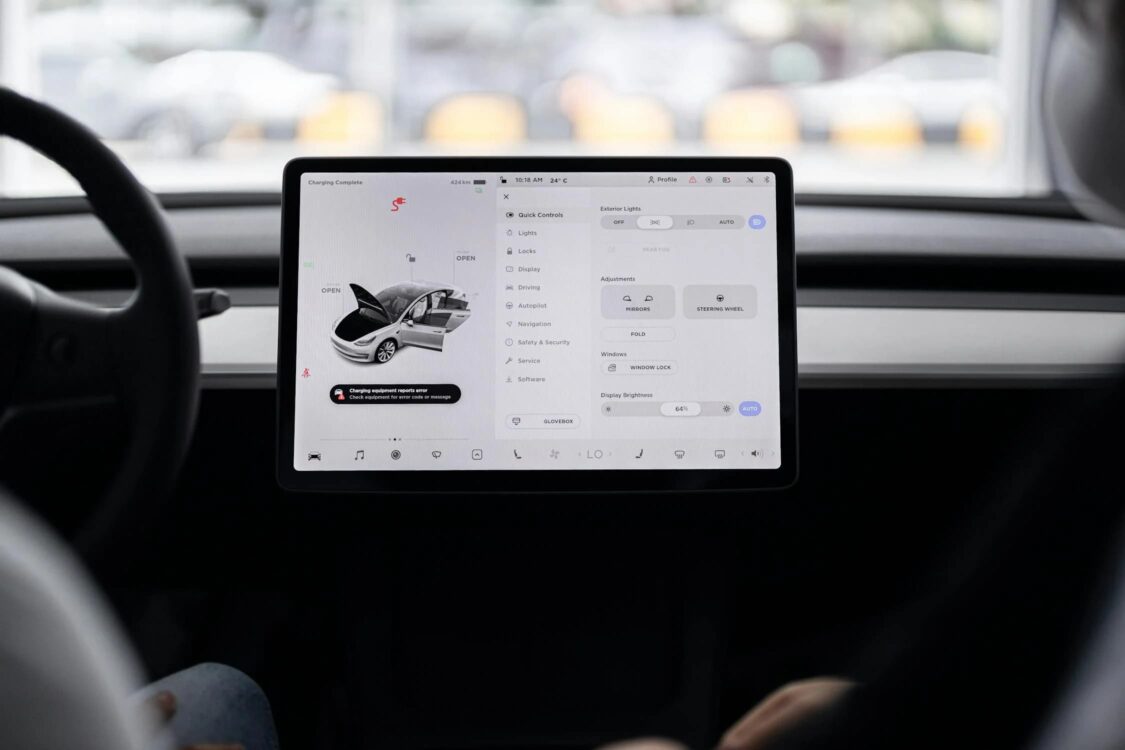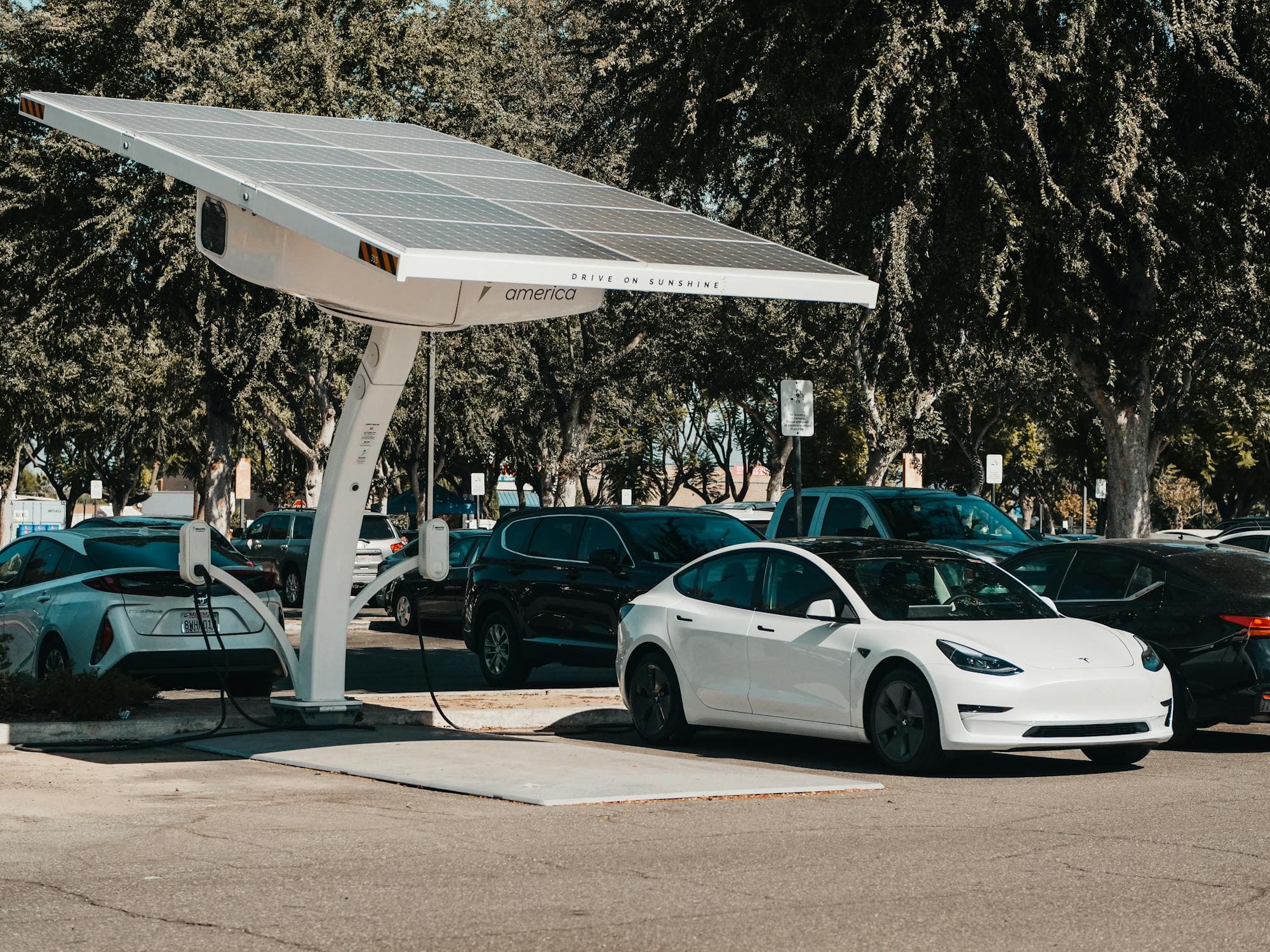Electric Cars and Accidents: Legal Implications of Electric Vehicles
The rise of electric vehicles has transformed both transportation and accident law. As more drivers switch to EVs, attorneys and insurance companies face unique challenges in handling accidents involving these vehicles. This article examines the key legal considerations that come with EV accidents and what drivers should know to protect themselves.
Different Technology, Different Risks
Electric vehicles differ fundamentally from traditional cars in their design and operation. These cars often have advanced safety features, but that doesn’t mean that basic driver and passenger safety rules, such as seat belt laws, or principles of negligence don’t apply. Drivers should understand that some technical aspects can be important in accidents.
The large battery packs, high-voltage systems, and unique mechanical components of these cars create specific safety considerations during accidents. For example, the lithium-ion batteries in EVs can pose fire risks if damaged severely, requiring specialized emergency response protocols.
The silent operation of EVs has led to increased pedestrian accidents in some areas, prompting new regulations about artificial sound requirements. Many manufacturers now install acoustic vehicle alerting systems (AVAS) to help pedestrians detect approaching electric cars. When these systems fail, it may create additional liability questions in accident cases.
Determining Fault in EV Accidents
While basic negligence principles still apply to electric vehicle accidents, new factors come into play when establishing fault. Advanced driver assistance systems (ADAS) and autonomous features in many EVs add complexity to liability determination. Questions arise about whether the driver, manufacturer, or software provider bears responsibility when these systems contribute to an accident.
Data from EV systems can provide crucial evidence in accident cases. Electric vehicles typically record extensive data about vehicle operation, speed, brake application, and system status. This information can help reconstruct accidents more accurately, but accessing and interpreting this data requires specialized expertise.
Insurance Considerations
Insurance companies have adapted their policies to address EV-specific risks. The high cost of EV components and specialized repair requirements often result in higher premiums. After accidents, repairs must be performed by certified technicians using manufacturer-approved parts, which can extend repair times and increase costs.
Battery damage presents a particular challenge for insurers. Even minor accidents can compromise battery integrity, potentially requiring full battery replacement at significant expense. Insurance policies must account for these higher repair and replacement costs.

Manufacturer Liability
EV manufacturers face increased scrutiny over their safety systems and battery designs. Recent cases have highlighted potential liability issues related to battery fires, software glitches, and autonomous driving features. Courts continue to establish precedents about manufacturer responsibility for crashes involving these new technologies.
Software updates add another dimension to manufacturer liability. When over-the-air updates modify vehicle behavior or safety systems, questions arise about manufacturer’s responsibility for any resulting accidents. This creates new legal territory as courts determine how traditional product liability law applies to software-dependent vehicles.
Emergency Response and Legal Duties
First responders must follow specific protocols when handling EV accidents. High-voltage systems and battery risks require specialized training and equipment. If emergency personnel lack proper training or equipment for EV accidents, it could affect liability and damage claims.
Steps for EV Owners After Accidents
Electric vehicle owners should take specific steps after accidents to protect their legal rights:
- Document everything thoroughly, including any warning messages or system alerts displayed before or after the crash.
- Contact the manufacturer’s emergency response team, as many EV makers provide specialized post-accident support.
- Seek medical attention promptly, as injuries from EV accidents may not show immediate symptoms.
- Work with attorneys who understand electric vehicle technology and its legal implications.
- Keep detailed records of all repair estimates and actual costs, as these often exceed traditional vehicle repair expenses.
Future Legal Developments
As electric vehicle technology advances, legal frameworks continue to develop. Courts and legislators work to address new questions about liability, evidence preservation, and safety standards. The interaction between autonomous driving features and human control remains a particularly active area of legal development.
Practical Implications for Drivers
Electric vehicle owners should understand their insurance coverage and any EV-specific provisions. They should also familiarize themselves with their vehicle’s safety features and emergency procedures. This knowledge can prove crucial both in preventing accidents and handling their aftermath effectively.
Regular maintenance and software updates play a vital role in preventing accidents and maintaining legal compliance. Owners should keep detailed records of all updates and maintenance work, as these records may become important evidence in accident cases.
Final Thoughts
The legal landscape surrounding electric vehicle accidents continues to develop as technology advances and courts encounter new scenarios. Drivers who understand these implications can protect themselves legally while enjoying the benefits of electric vehicle technology. As the automotive industry moves toward an electric future, the legal framework will keep adapting to address new challenges and situations that arise.


Leave a Reply